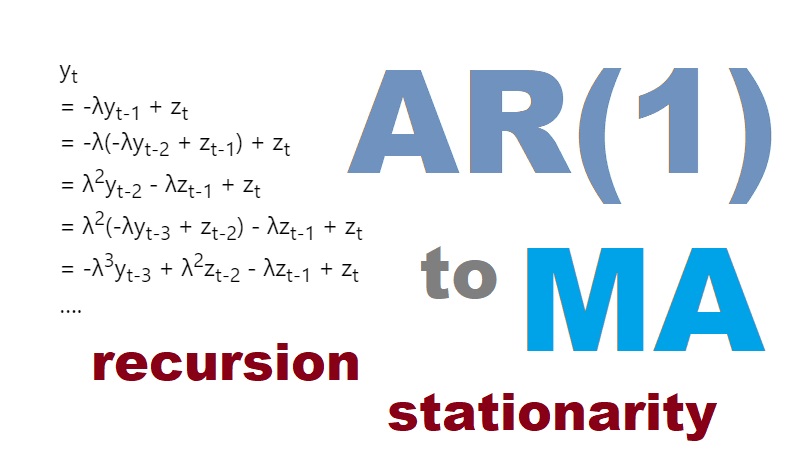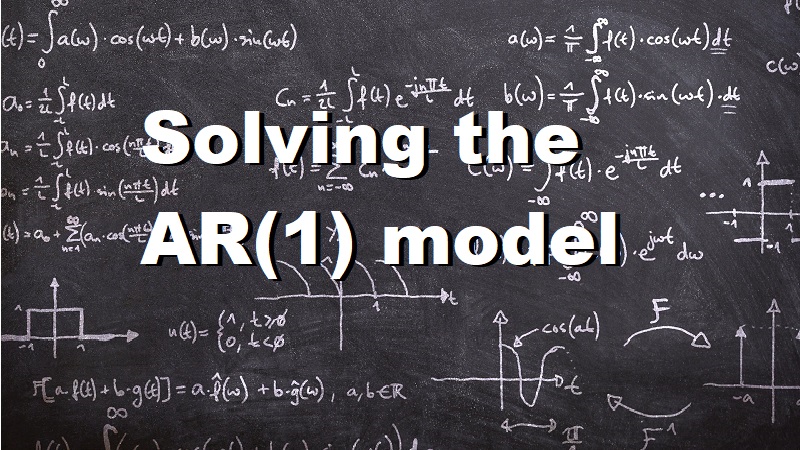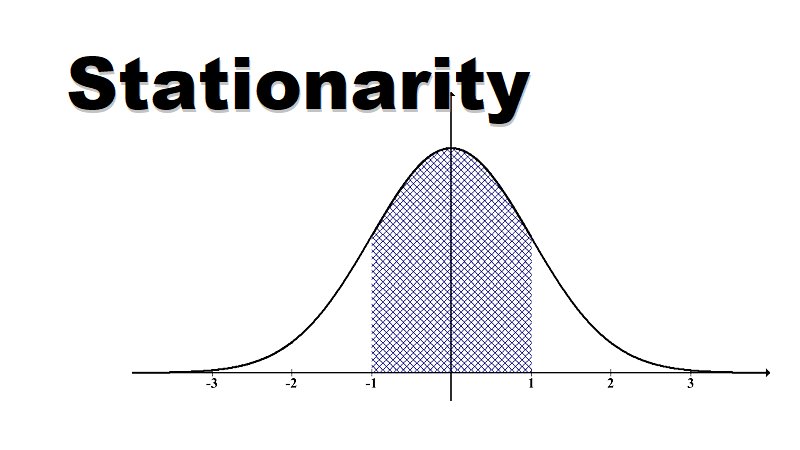Tag: Stationarity
-
Algorithmic Trading by EP Chan (Notes Part 1)
—
This post summarizes some notes that I took from the book “Algorithmic Trading” by Ernest Chan. I’m already familiar with some concepts, so these notes only cover the new concepts I learned. I strongly recommend that you buy the book (it’s a good book) for more details and information. Chapter 1: Backtesting and Automated Execution…
-

From AR(1) to MA
—
in MathematicsIn this post, we’ll learn to convert a AR(1) model to a MA model. The moving-average model specifies that the output variable depends linearly on the current and various past values of a stochastic (imperfectly predictable) term. https://en.wikipedia.org/wiki/Moving-average_model So, a MA model should only depend on zt-k, where k >= 0. Converting a AR(1) Model…
-

Solving the AR(1) Model – Finding its Mean, Variance and Covariance
—
in MathematicsWe discussed the AR(p) model previously when discussing linear time series. In this post, we’ll learn to solve the AR(1) model, where Rt = c0 + c1Rt−1 + σ*zt Finding the Mean of the AR(1) model E[Rt] = c0 + c1E[Rt−1] + σ*E[zt]= c0 +c1E[Rt−1] + σ*0= c0 +c1E[Rt−1] Since AR(1) is stationary, E[Rt] = E[Rt−1]…
-

What is Stationarity? Definition, Examples and Worked Solutions
—
in MathematicsStationarity Stationarity means the probability distribution of a stochastic process does not change over time. Examples: Probability on the dice is the same every day on every roll Probability on the roulette wheel does not change over time Probability on a deck of cards is the same on every draw In mathematics and statistics, a…
